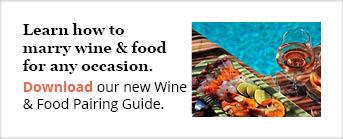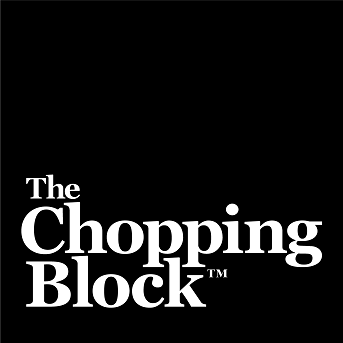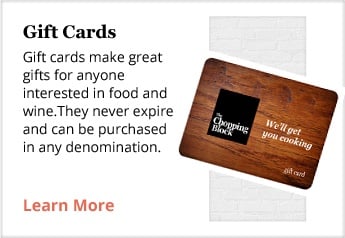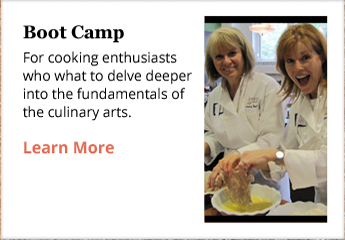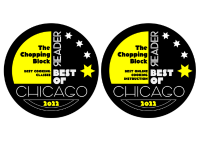Stop me if you've heard this one.
A German walks into The Chopping Block. He approaches the counter and asks, “Do you have any wine I could taste?”
The guy behind the counter (probably me) says,“Yeah, sure. Dry?”
The German says, “Nein, just one, thank you.”
For a second month in a row, I think I can actually hear people groaning as I write this. Don't worry, I fully intend to keep my day job and, if you'll bear with me, I'll use this terrible joke to illustrate a point.
In order for my attempt at humor to work the audience must know that “dry” is a description of wine and sounds similar to the German number three, drei. Those two points are required to understand the miscommunication in the punch line. I wanted to open with a joke like this because I feel like I have to navigate through a lot of miscommunication when I'm serving wine and one of the most common misunderstandings is what a person means when they say, “dry.”
Unlike the fictional German man in my joke, most people don't assume “dry” refers to the number three when you're talking about wine. For most of my life, I assumed a dry wine was one that produced the dry mouth sensation one finds in tannic red wines. Imagine my surprise when I learned dry actually refers to a wine's sweetness or, more specifically, a lack thereof. Why does “dry” mean “not sweet?” I spent hours surfing around the internet looking for that answer and came up with nothing conclusive. It just does.
Sweetness is usually gauged on a scale of four to five points and is determined by the amount of residual sugar found in the wine. The scale usually looks something like this:
Bone-Dry – Dry – Off-Dry – Medium-Dry – Sweet
or
Dry – Off-Dry – Medium-Dry – Sweet
Of course, sparkling wines use an entirely different terminology to explain this, something like:
Brut Nature – Extra Brut – Brut – Extra Dry – Dry – Demi Sec
or
Brut Nature – Extra Brut – Brut – Extra Sec – Sec – Demi-Sec – Doux
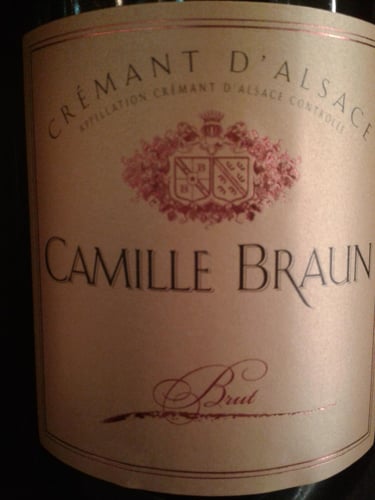
The specialized language used to describe wine can seem silly and even counter intuitive. Last week, I described a Chardonnay as “soft and supple,” meaning I thought it had structure and balance, along with pleasing fruit and floral notes. To my co-workers, this description was preposterous, and they were quick to let me know. Why did I describe it that way? Because that's how the wine book I bought told me to describe wines fitting those characteristics. I didn't expect to create more difficulty expressing myself in the process of adopting that language, but it happened. It's not a matter or being right or wrong, like my fictional German friend, it's all about miscommunication.
So, is a guest wrong when they tell me they don't like dry, meaning tannic, wines? No, but it produces confusion when I offer them a sweet wine and they go on to tell me how much they don't like sweet wines either. Generally speaking, people usually claim to either like dry or sweet, it's one or the other, if they don't like either I'm left wondering why they wanted to taste wine in the first place. Once again, miscommunication.
While most of the fine wine we serve at The Chopping Block is dry, I want to go on record as saying there's nothing wrong with liking sweet wine. I think sweet wines get a bad reputation because there are a lot of cheap, syrupy, sweet wines that saturate the market. There's a world of difference between that and something like a Vouvray, which is sweetened to offset the high acidity of Chenin Blanc, or a well-paired dessert wine. A good sweet wine will balance flavors; a bad one will be unbalanced and overly swineweet.
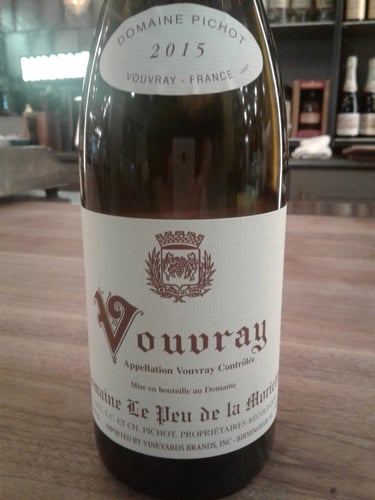 The point of all this is, when you come into the store looking for wine, I want to help you find a bottle you'll fall in love with. Regardless of whether you adopt the language I've presented here or not, the most important thing is that we effectively communicate, because that's how I'm going to help you find what you're looking for.
The point of all this is, when you come into the store looking for wine, I want to help you find a bottle you'll fall in love with. Regardless of whether you adopt the language I've presented here or not, the most important thing is that we effectively communicate, because that's how I'm going to help you find what you're looking for.
If you'd like to learn more about our wine selection, stop by The Chopping Block for our Happy Hour for a taste of our select wines for just $7/glass each week:
- Tuesdays at the Merchandise Mart from 4:00pm – 6:00pm
- Thursdays at Lincoln Square from 5:00pm – 7:00pm
And if you like to read about wine like me, download our Wine and Food Pairing Guide which can definitely clear up some more miscommunication about wine.
